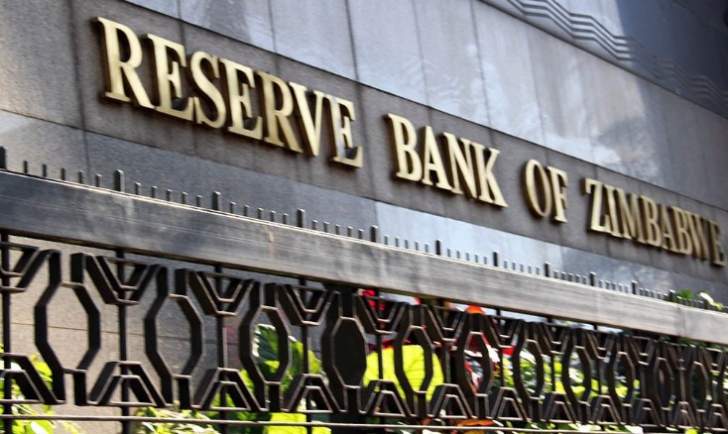Rwanda has unveiled an additional $150 million in funding for businesses to stimulate growth and mitigate the prolonged impact of the coronavirus pandemic on the economy.
The funds, drawn from its $250 million Economic Recovery Fund launched in June 2021, have been earmarked for the private sector, specifically manufacturing.
This is set to boost production locally as the country seeks to contain rising prices and reduce imported inflation.
The first phase prioritised hard-hit sectors by the pandemic, including the hospitality industry.
During the official launch of the second phase on Wednesday, Prime Minister Edouard Ngirente said the funds would help the country confront the current inflationary pressures and hike prices.
“The current global inflation is heavily impacting our economy…the government has invested in subsidies and attracted investors in the manufacturing sector to boost local production to reduce our dependence on imports,” Dr Ngirente said.
The government will also continue to add subsidies to essential commodities such as fuel to ease the burden of hiking prices.
Since last year, the government has subsidised fuel and transport, making transport prices less burdening to the public.
According to the National Statistics of Rwanda, Rwanda heavily depends on imports, with a trade deficit of $216.43 million in 2021.
Rwanda’s Development Bank (BRD) will disburse the funds with low interest that can be paid in 5- 15 years with half of the needed guarantee.
Women, people with disability, and youth will be given special loans that do not require any guarantee.
Rwanda saw an increase in prices of 5 per cent in the first three months of 2022 compared to 2 per cent in 2021. The increase was striking in some essential foods such as oil and sugar, whose prices almost doubled in a few months.
Some of the priority areas include agro-processing, manufacturing construction materials, light manufacturing, and packaging materials.
In 2021, manufacturing and real sectors were among the lead investment attractions for Rwanda, leading the recovery path. The growth of investments in real estate and manufacturing sectors was attributed to tax incentives to investors, complemented by fiscal and non-fiscal incentives.
Currently, 8.5 million out of the 12.9 million population are fully vaccinated. The goal is to reach 9.1 million people by June. This has given the government enough confidence to reopen the economy almost fully, scrap mandatory face masks and lift the curfew.


